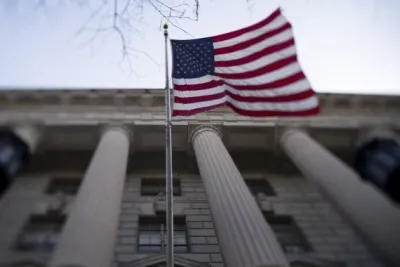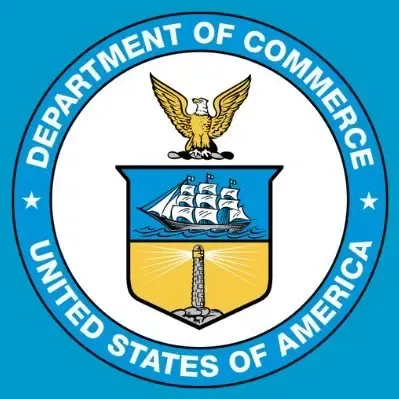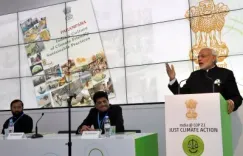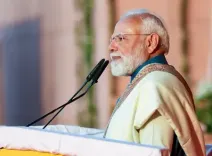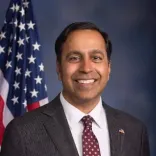What Led to the End of the Internal Reservation Protest in Karnataka?

Synopsis
Key Takeaways
- Protest concluded with a one-week ultimatum.
- Thousands participated, demanding justice for marginalized communities.
- Traffic in Bengaluru was severely affected by the protest.
- Protesters called for accountability from the Chief Minister.
- Historical context of reservations was highlighted.
Bengaluru, Sep 10 (NationPress) The protest concerning internal reservations has concluded with demonstrators issuing a one-week ultimatum to the Congress-led government of Karnataka to amend the internal reservation quota allocation for the Scheduled Caste community. BJP leader K. Rajiv made this announcement, urging the protesters to cease their demonstration.
The atmosphere had escalated with thousands of demonstrators obstructing key roadways, resulting in significant traffic congestion in the Central District of Bengaluru.
A large-scale rally named “Bengaluru Chalo” was organized earlier today at Freedom Park to challenge the Congress government’s unscientific categorization of reservations for Scheduled Castes, which they argue has denied justice to the Banjara, Bhovi, Koracha, and Korava communities.
Thousands of protesters dismantled barricades and filled the streets, blocking traffic and demanding that either Chief Minister Siddaramaiah or the Social Welfare Minister address their concerns directly and accept their memorandum.
The protesters insisted on a personal meeting with Chief Minister Siddaramaiah, turning away government representatives. They stated they would march to Vidhana Soudha if the Chief Minister did not come to speak with them.
The demonstrators clashed with police, leading to the complete blockage of major roads. Traffic flow from Anand Rao Circle to K.R. Circle was halted, causing severe delays in the surrounding areas.
Unaware of the situation, commuters returning home encountered long traffic jams, with ambulances also caught in the congestion as police struggled to control the crowd. As a precaution, police deployed water jets to manage the situation and increased security around Vidhana Soudha.
Earlier, speaking to the crowd, Vijayendra stated that Chief Minister Siddaramaiah should have engaged with the protesters personally.
“Honorable Siddaramaiah, it’s not about how long you’ve governed as Chief Minister; it’s about whether you’ve ensured justice for all communities while in that position,” remarked BJP State President and MLA B.Y. Vijayendra.
He added that while being a Chief Minister may involve demolishing structures, creating homes is a far greater challenge. The populace had entrusted the Congress party with power, expecting justice for all Scheduled Castes, Scheduled Tribes, and nomadic communities. However, he criticized the Congress government for failing to address the needs of the oppressed.
A considerable number of individuals from the Banjara, Bhovi, Koracha, Korava, and nomadic communities participated in the protest. Under the previous BJP administration, a 4.5 percent reservation was allocated to safeguard the interests of these communities, along with a separate 1 percent for the nomadic community. Decisions beneficial to these groups were taken during the leadership of Bommai, he elaborated.
During B. S. Yediyurappa's tenure as Chief Minister, he established the Tanda Development Corporation and Bhovi Development Corporation, ensuring that no community, including nomadic, Koracha, and Korava, faced injustice, Vijayendra noted.
Today, the Congress government is accused of perpetuating exploitative colonial policies reminiscent of the British era. Following their rise to power, the Congress party has allegedly adopted similar oppressive tactics. Chief Minister Siddaramaiah is being held accountable for the injustices inflicted upon the Banjara, Bhovi, Koracha, Korava, and nomadic communities, thereby fostering societal discord.
Vijayendra emphasized that even divine forgiveness would be unattainable for the Chief Minister.


